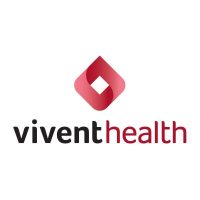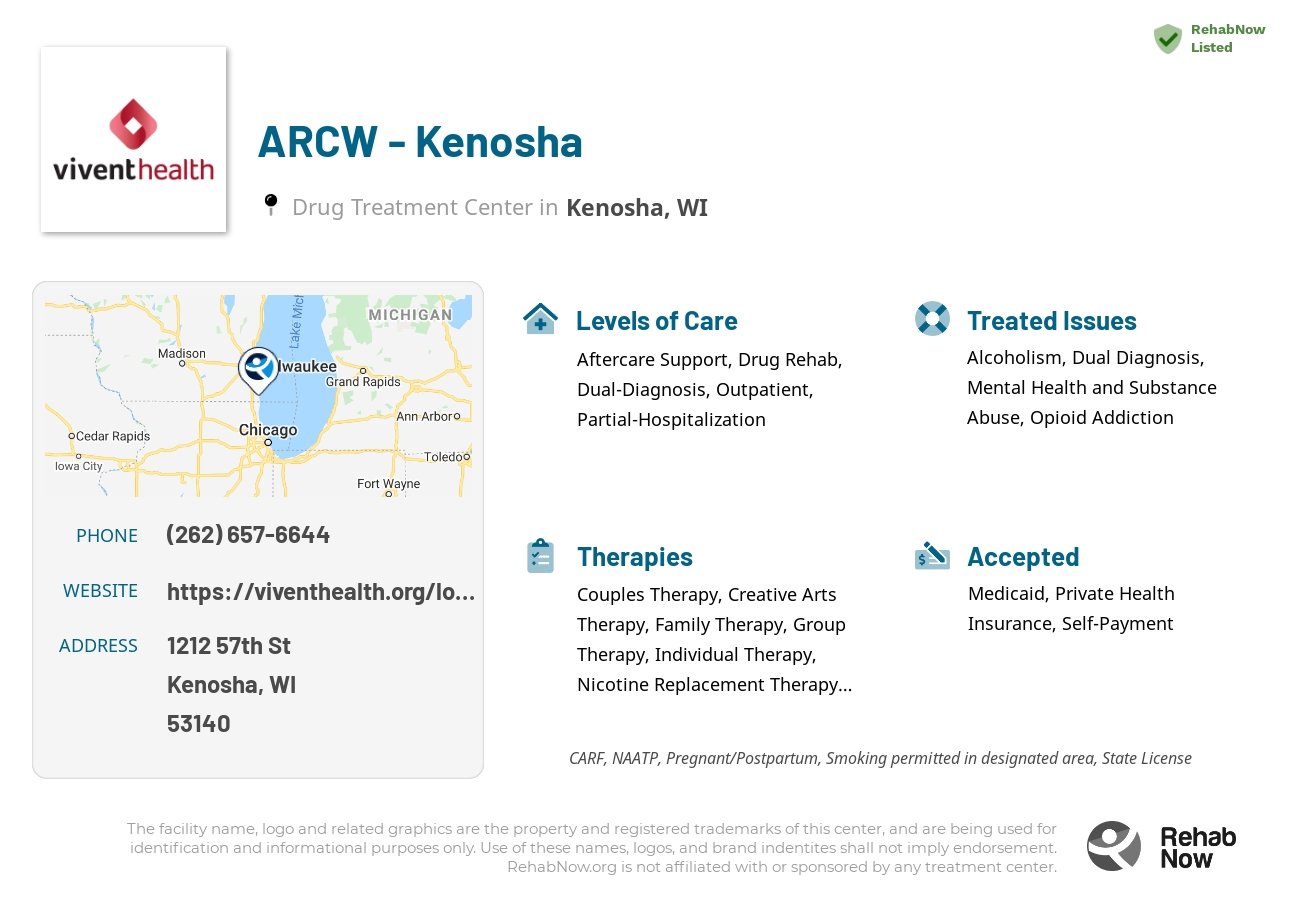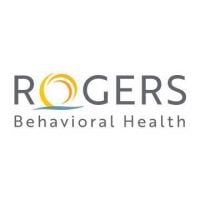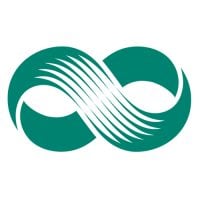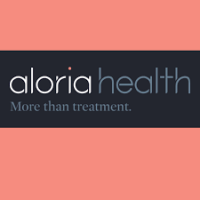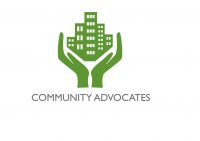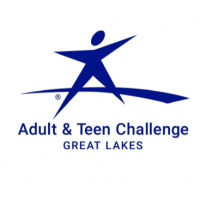ARCW - Kenosha
Drug Rehab Center in Kenosha, Wisconsin
ARCW - Kenosha in Kenosha, Wisconsin is a drug treatment center that provides comprehensive care, including aftercare support, drug rehab, dual-diagnosis treatment, outpatient programs, and partial hospitalization to individuals suffering from alcoholism, drug and opioid addiction, mental health issues, and substance abuse.
About ARCW - Kenosha in Wisconsin
ARCW - Kenosha is a drug treatment center located in Kenosha, Wisconsin. They cater to individuals suffering from alcoholism, dual diagnosis, opioid addiction, drug addiction, mental health issues, and substance abuse. This facility offers a range of levels of care, including aftercare support, drug rehab, dual-diagnosis treatment, outpatient programs, and partial-hospitalization. They accept private health insurance, allowing greater accessibility to their services. ARCW - Kenosha is affiliated with ARCW, an organization dedicated to providing comprehensive care and support to individuals dealing with addiction and mental health conditions.
ARCW - Kenosha provides a variety of services and treatment methods to help individuals overcome addiction and substance abuse. Their aftercare support ensures that individuals continue receiving guidance and assistance even after completing a primary treatment program. They offer drug rehabilitation programs aimed at addressing the specific needs of individuals struggling with substance abuse issues. The facility also specializes in dual-diagnosis treatment, providing integrated care for individuals dealing with both mental health disorders and addiction. Additionally, they offer outpatient programs, allowing individuals to receive treatment while still maintaining their daily responsibilities. With a focus on comprehensive care, ARCW - Kenosha strives to assist individuals in their journey to recovery and improved well-being.
Genders
Ages
Modality
Additional
Conditions and Issues Treated
Opioid addiction has become a significant health problem in the United States. In 2015, there were 91 opioid overdose-related deaths per day, with a substantial increase in mortality rate in 2014.
When opioid addiction has reached a point where a person’s life becomes unmanageable, treatment options are available to help them get sober. Treatment that includes medical care with medications and counseling can help a user transition into sobriety.
When someone in struggles with both addiction and mental or emotional illness, this is considered a dual diagnosis. Dual diagnosis treatment can include therapy for these issues to happen simultaneously, which will allow either of them to be treated effectively.
Sometimes people who have suffered from addiction disorder also suffer from co-occurring disorders such as depression, anxiety, bipolar disorder, etc., making them “dual diagnoses.” Dual diagnoses require specialized treatment programs where drug and alcohol addiction are addressed along with psychiatric illnesses. Some rehabilitation facilities provide patients suffering from cooccurrences a program with highly integrated services and a clean environment with few distractions to help them succeed.
Levels of Care Offered
This center offers a variety of custom treatment tailored to individual recovery. Currently available are Aftercare Support, Drug Rehab, Dual-Diagnosis, Outpatient, Partial-Hospitalization, with additional therapies available as listed below.
Outpatient treatment is often used for drug addicts in drug rehab. Outpatient treatment consists of counseling and therapy sessions. This form of treatment is also called ‘day-treatment’. The outpatient treatment process begins with the addict’s initial detox period, lasting about ten days.
Outpatient treatment is used for those who are at moderate risk for ‘slipping back’ into the addiction, for those who:
- Are not currently experiencing any side effects from withdrawal and can handle social pressure
- Can handle stressors that might trigger relapse
- Have a stable living environment or have moved out of their previous environment, which was not conducive to being sober
- Have a support system that allows them to go to a facility a few times a week while still keeping their current responsibilities
- Have no legal obligations, being either on parole or probation, that require them to seek treatment at a mandatory facility
- Are not currently experiencing any side effects from withdrawal and can handle social pressure
- Have a stable living environment or have moved out of their previous environment, which was not conducive to being sober
Partial hospitalization programs offer another level of addiction treatment at ARCW - Kenosha.
Completing a drug or alcohol rehab program is only the first step. Then comes aftercare support. These services include sober living accommodations, career counseling, and AA/NA programs for those struggling with sobriety or who want help maintaining it after initial rehab at an addiction facility.
They can last up to a year or more depending on what’s needed most urgently after the earlier stages are completed.
Therapies & Programs
Because no single treatment is effective for all addicts, the goal of treatment and therapy should be to figure out what works best for each individual. Tolerance and withdrawal levels differ from person to person, affecting the treatment intensity required. Addiction treatment should aim to help addicts develop healthy coping mechanisms for dealing with their addiction and its underlying causes.
Couples therapy works with clients and significant others in a professional capacity to improve relationship dynamics. This can be helpful for addicts who are trying to marry the idea of recovery into their work, family, social lives – any aspect that has to do with relationships. Through counseling sessions, addicts will have an opportunity to talk about their addiction with professional partners.
Family therapy is beneficial for people who are in addiction treatment services because it offers addicts the opportunity to work with their family members to better understand what led them to make choices that contributed to their addiction.
This type of therapy helps family members reach a deeper understanding of how they can best support their loved one during recovery. It also helps the addict better understand their own motivations and triggers that led them to turn to substance abuse.
Family therapy can help addicts in the following ways:
- Assists family members in processing difficult feelings so they don’t blame or resent recovering addicts
- Assists family members in understanding how addiction has impacted the addict and everyone who is involved with them
- Allows the addict to take responsibility for their actions, while encouraging improved communication skills
- Helps family members understand how to best support an individual in recovery so addicts don’t relapse again.
Group therapy can help build a stronger support system and give addicts in Kenosha, WI insight into their addiction that they gain through shared conversations. Group therapy occurs in a controlled group environment, exclusive of one on one meetings. This makes it safer for patients to feel comfortable sharing the struggles they’re going through and gaining perspective.
Trauma therapy is beneficial for people who are recovering from drug addiction because it helps them heal from past traumas that may have caused them to turn to harmful substances or led them to experience negative emotions that contributed to their destructive behaviors.
This type of treatment works by processing difficult experiences so individuals can learn how to process these events without having to turn to substances for coping.
Trauma therapy can help addicts in the following ways:
- Helps individuals understand their experiences and emotional responses to difficult events, including why they turned to drugs or alcohol
- Provides them with comfort and support while working through difficult emotions related to these traumatic experiences
- Offers an opportunity for addicts to have a voice and be heard, which can improve their self-esteem
- Can help them develop coping skills so they can better respond to triggers instead of turning to substance abuse.
It’s important to remember that malnutrition can affect your mood and energy level, which affects your desire to get sober. Good nutrition helps keep your body strong against the familiar ravages of drug use–tuberculosis, hepatitis, abscesses, infections, etc. — as well as the physical symptoms of withdrawal. If you’re eating right, you’ll have more energy for productive activities and will have more strength to fight cravings.
Nicotine Replacement Therapy (NRT) has many benefits for drug addicts who also choose to quit smoking. It is an effective technique at this treatment center that provides smokers with the nicotine they are addicted to without inhaling carcinogens from cigarettes to wean them off entirely. You can reduce your risk of heart disease and cancer, irritability, bone loss, stroke, type II diabetes, fertility in women, an enhanced sense of taste and smell.
Payment Options Accepted
For specific insurance or payment methods please contact us.
Is your insurance accepted?
Ask an expert, call (888) 674-0062
ARCW Associated Centers
Discover treatment facilities under the same provider.
- Vivent Health - Madison in Madison, WI
- ARCW - Eau Claire in Eau Claire, WI
- ARCW - Wausau in Wausau, WI
- ARCW - Appleton in Appleton, WI
- ARCW - De Pere in Green Bay, WI
Learn More About ARCW Centers
Additional Details
Specifics, location, and helpful extra information.
Kenosha, Wisconsin 53140 Phone Number(262) 657-6644 Meta DetailsUpdated November 25, 2023
Staff Verified
ARCW - Kenosha Patient Reviews
There are no reviews yet. Be the first one to write one.
Kenosha, Wisconsin Addiction Information
Wisconsin has some of the highest rates in the United States for both adolescent and adult substance abuse. Since 2009, the state has been experiencing the same escalating rates of drug abuse and addiction as the rest of the country. The major concerns are the misuse of prescription painkillers and the escalating number of deaths due to alcohol-related liver disease.
8% of Kenosha residents reported using illicit drugs in the past month in 2021. 1 in 10 residents needs treatment for an alcohol or drug problem. Underage drinking is also a problem in the city. In 2021, about 28% of Kenosha high school students reported drinking alcohol in the past month. Treatment centers offer both inpatient and outpatient programs, as well as a variety of specialized programs.
Treatment in Nearby Cities
- De Pere, WI (129.6 mi.)
- Platteville, WI (135.3 mi.)
- Washburn, WI (320.6 mi.)
- West Allis, WI (31.3 mi.)
- Eau Claire, WI (239.7 mi.)
Centers near ARCW - Kenosha
The facility name, logo and brand are the property and registered trademarks of ARCW - Kenosha, and are being used for identification and informational purposes only. Use of these names, logos and brands shall not imply endorsement. RehabNow.org is not affiliated with or sponsored by ARCW - Kenosha.
